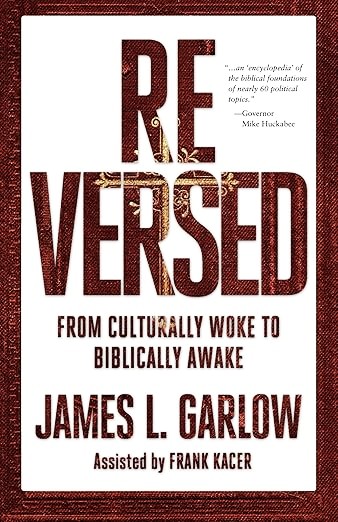
Leadership Influence: ReVersed by Jim Garlow for Great AI insights
When Jim Garlow gave me a signed copy of Reversed: From Culturally Woke to Biblically Awake, I quickly scanned the Index to see what he covered in the book. My eyes immediately spotted this chapter on Artificial Intelligence.
How does AI intersect with my work with Character Mandate: Winning Strategies for Winning in the AI Revolution, and my previous work, Millennials Matter: Proven Strategies for Building Your Next-Gen Leader?
Both resources are a call to leaders to know that their God-given calling doesn’t expire with a paycheck.
King David prays, “Teach us to number our days that we have a heart of wisdom…” (Psalm 90:12). I believe that this means that we get to stewarding every day by training, teaching, mentoring, and coaching up-and-coming leaders whom God is entrusting to us. A key discernment factor for these young leaders will be dividing the “promise” from the “peril” of AI.
In a Grok 4 world, wisdom will be rare — and needed. If elders don’t bring discernment to the table, who will?
Our culture is being rewritten faster than we can process. I’m grateful to Jim Garlow for releasing this resource to give us guidance.
CHAPTER 51: ARTIFICIAL INTELLIGENCE
During the height of the Cold War in the 1960s, two movies stoked people’s fears about computers. The dark comedy Dr. Strangelove depicted the catastrophic consequences that a rogue person could bring about if he had authority over the use of nuclear weapons. The second film was a drama called Fail Safe. In this film, a computer error results in the accidental deployment of nuclear weapons that could not be recalled in time.
Fast forward to our present day. Computers and the Internet are ubiquitous, and we’re almost completely dependent on them for everything. Now enters Artificial Intelligence and its explosive development and application. Are we entering another age of anxiety over something we will have little, if any, control over?
DEFINING ARTIFICIAL INTELLIGENCE
Artificial Intelligence (AI) has been defined as “intelligence (perceiving, synthesizing, and inferring information) demonstrated by machines, as opposed to intelligence displayed by humans or by other animals.”
In essence, AI is very sophisticated software running on extremely fast computers with access to incredibly vast amounts of data and knowledge.
The term AI was coined in 1956, and the technology has grown from solving complex technical problems to influencing virtually every sector of society and industry. It does this by learning about and attempting to mimic human reasoning, analysis, and communication so it can support decisions in literally every aspect of our personal and business lives.
THE REASON FOR ARTIFICIAL INTELLIGENCE
Besides efficiencies in automating repetitive tasks, AI contributes to more accurate and reliable medical diagnostics and outcome predictions, product marketing, software development, self-driving cars, automated facial recognition, financial investments, traffic analysis and avoidance, hiring and firing recommendations, data security, and on and on.
AI applications can also generate art, poetry, video, research papers, and commentary, mimic a person’s voice, translate speech as well as handwriting, and translate from one language into another. (Frankly, we could have used AI to generate this book. However, we used the old-fashioned method for writing: humans.)
The bottom line is that AI provides competitive advantages in the business, finance, marketing, and manufacturing worlds by generating process improvements, more accurate projections, and quality communication media by performing far more exhaustive analysis of information and making it quickly available for human (or other computer) decision making.
THE DANGERS OF AI
Remember this quote: “To err is human; to really foul things up requires a computer.”³ Well, it’s true.
World-renowned physicist Stephen Hawking had a more ominous warning: “The development of full artificial intelligence could spell the end of the human race.”⁴ As an atheist,⁵ Hawking had no use for the providence of God and could only see things from an earthly perspective. But his concerns about AI do have merit.
AI is a tool, a very, very sophisticated tool, but it’s dependent on data and information, whether it’s good or bad. As AI continues to “learn” how humans think and act, it will continue to mature, but it will always be subject to what it’s exposed to and how it has been taught to “think.”
How will biases in hiring and firing decisions be prevented when so much toxic public and private information is available, particularly for someone in the public domain? Will policing decisions be based on the perceived human condition, or will criminal sentencing be based on a calculated “risk” of a person? And if so, what will be the margin of error?
Disinformation, “fake news,” and political biases all feed into an AI assessment of “truth.” How will reliable information be selected, and who will determine what’s reliable, particularly with social media companies actively preventing alternative opinions and information from being made accessible?
AI can produce “deep fake” videos and speech to depict anyone doing literally anything. Once released into the cyber-world, how will it be corrected, if at all? What if it happened just before a presidential election, for example, in the form of an “October surprise?”
How long will it be before the government or dubious tech giants start to create “social scores” to assess risk, political leanings, or personal secrets for people based on their writings, communications, monitored travel, associations, web searches, purchases, etc.? Or is all the above already happening?
HALLUCINATIONS
Unless specifically prevented from lying, some AI results are false since the data is only as good as its inputs, and much that exists in cyberspace is false, intentionally toxic, or pure conjecture. But get this: Did you know AI applications can have hallucinations? In other words, AI can provide totally false reports or analyses that are not traceable to any specific source. Also, if one uses AI to translate a document from one language to another, human eyes have to inspect the new translation because AI can simply—for reasons unknown—totally mistranslate words, sentences, or paragraphs.
WEAPONRY
If the above isn’t disconcerting enough, there’s the issue of autonomous weapons that can identify, engage, and destroy targets without human intervention. Where does moral accountability reside when errors occur, or excessive destruction and collateral damage take place?
AI AND BIBLICAL PRINCIPLES
First, God isn’t concerned about AI. He knows all things from beginning to end (Psalm 90:2, 147:5), and He will fulfill His sovereign purposes (Romans 8:28) with or without AI. But like everything invented by man, AI can be used for either good (1 Corinthians 10:31)—that is, the things of God—or for evil (Jeremiah 17:9), the things of the evil one himself.
No matter how powerful or ingenious AI becomes, it can never be loving (1 Corinthians 13:2). It can learn to mimic love, but compassion and mercy are from the Lord (1 John 4:8), not software algorithms. For that matter, AI systems can never be alive, be self-conscious, attain sentience, or have common sense (wisdom), other than to give the impression that they have those traits.
Why? Because AI can never have a soul. It is not created in the image of God (Genesis 1:27) and it will never have moral agency or access to God (James 1:5). AI will only know good from evil, or emotions or empathy by extracting what humans have said about those things, but never with a human conscience (Romans 2:15). It may sound remedial to say this, but Jesus did not die on the cross for AI, to create a pathway for a relationship with God Himself. Jesus died on the cross for humanity. For you. For me. Only humans can have this unique relationship with their Creator.
The Lord is sovereign in the affairs of nations, and He raises them up or tears them down (Job 12:23). God may use various means to accomplish this, including AI, but it will be the Lord deciding the issue, not a rogue algorithm.
The danger will come when man places undue confidence in software to answer the ultimate questions of our existence, treating it like some sort of Delphic oracle, or worse yet, a modern-day idol (Exodus 20:3). If that happens, our AI will become no more than the ancient city of Ai—yes, that is the correct spelling of the city—in Joshua 8:28, where its name means “heap of ruins.”
CAUTIONS
With the prevalence of misinformation and disinformation, trust in our institutions and sources of information is undermined. When the foundations of societal trust are destroyed (Psalm 11:3), we must be even more careful not to believe or forward whatever we cannot verify.
Clearly, accountability must be forced onto any use of AI, which means full disclosure when being used and prohibiting such things as targeting children or the vulnerable, or creating social scores of any kind. Whether governments can exercise this type of oversight effectively remains to be seen, particularly when rogue groups or nations refuse to agree.
When used in a proper, trustworthy way, AI provides excellent opportunities for Bible translations, communicating the Gospel message while taking into account cultural mores, tailoring the truth of God’s Word to the audience receiving it, and helping biblical research.
As a final warning, consider a statement from the Ethics and Religious Liberty Commission:
“We deny that any part of creation, including any form of technology, should ever be used to usurp or subvert the dominion and stewardship which has been entrusted solely to humanity by God; nor should technology be assigned a level of human identity, worth, dignity, or moral agency.”
Let’s discuss a tailor-made interview to meet your audience’s needs.
Virtual speaking event? No problem!
Check out my Speaker page HERE.
To schedule a call, contact me at danita@danitabye.com




No Comments